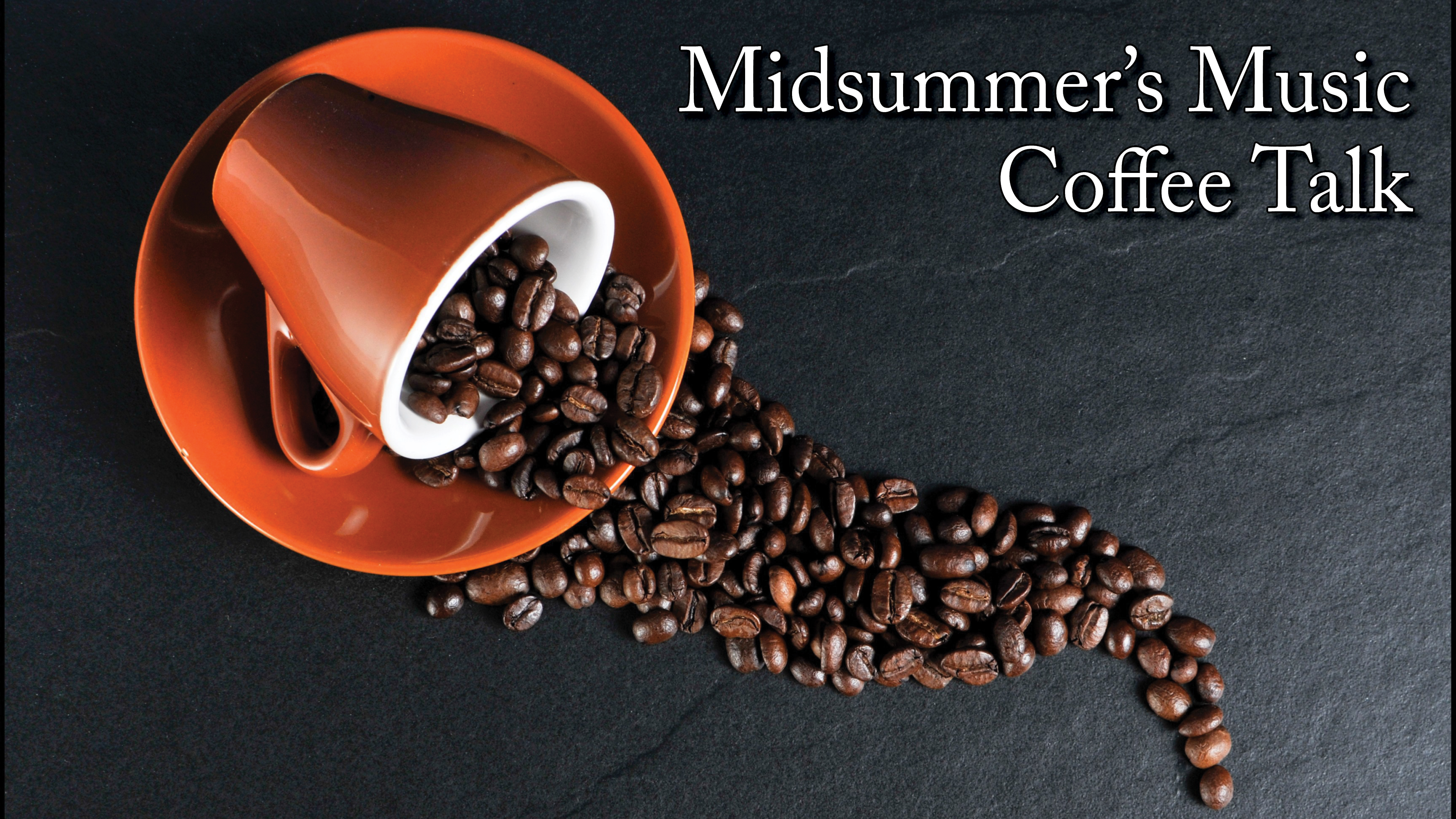If you require any assistance, do not hesitate to call our office at (920) 854-7088.
We’re here to help!

Coffee Talk: Music and Revolution: 1789, 1848, 1917
July 19 @ 1:00 pm - 2:00 pm

Dr. Peter Conroy: “Music and Revolution: 1789, 1848, 1917”
Dr. Conroy’s presentation is about the connection between music and revolutions. This is not, however, a close or tight connection. There is no direct link between music and politics except perhaps rock and roll as the Czeck playwright Tom Stoppard maintained. Oh, you think he’s British just because he wrote Rosencrantz and Gildenstern among other hits. But he spoke from behind the Iron Curtain. Different cultures, different opinions, as Pascal said.
The connections are indirect and subtle. There are ranges of influence. There is no direct link between political and social revolutions and the music of the same period. Yet, there are tangents, points at which the two separate spheres make contact.
Dr. Conroy will talk about three major revolutions: the French revolution of 1789 and the Russian revolution of 1917. But he will concentrate on the less known revolution of 1848.
After the social and political upheaval caused by the French Revolution and the Napoleonic wars, Europe tried to re-establish the aristocratic, monarchial hegemony that had existed previously. This effort failed spectacularly in 1848, when civil unrest, uprisings, and bloody violence in the streets swept over the major cities of Europe.
Before 1848, empires like the Holy Roman Empire and the Austro-Hungarian Empire encompassed huge populations. By 1848, however, these populations had developed a new consciousness: nationalism. People formerly under one single ruler now felt they were different, unique. They had their own culture, their own ethnicity, their own history. And they wanted to express it.
This sentiment overflowed into music. We usually recognize it in what we call programmatic music and also in dance. To buttress his case, he plans to evoke composers and compositions that you know quite well. He hopes you will see – and more importantly – hear them in a new way.
From Beaumarchais to Bartok, from Brahms to Victor Emmanuel II Rei d’Italia, from the Grimm Bothers to Richard Wagner, from Aran Coplan to Fredy Grofé, he argues that music and revolutions can have sympathetic affinities.
